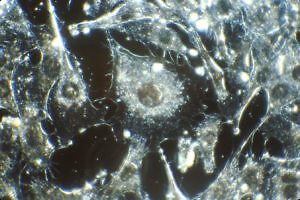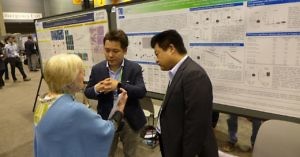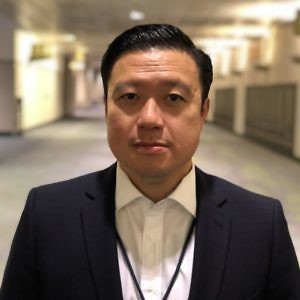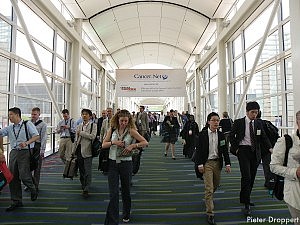SITC19 Preview: Which new IO data that grabbed our interest?

National Harbor, MD
With the abstract drop from the 2019 Society for the Immunotherapy of Cancer (SITC) meeting now available, what can we learn from some of the research slated for formal oral presentation this year?
Here in part one (posters will be reviewed tomorrow) we take a look at a mix of preclinical and early clinical studies that grabbed our initial interest from the oral presentations – they include the good, bad, and intriguing – to see exactly what can be learned from this year’s mix of abstracts?
The short answer is quite a lot.
Every year the what to watch out for preview is a popular one. This year there are some surprises in store as well as some particularly important findings that BSB readers may well be keen to find out more about ahead of the conference later this week in order to maximise their thinking and avoid the inevitable brain-fry and fatigue that sets in on Saturday afternoon…
To learn more from our oncology coverage and get a heads up on insights from our SITC19 commentary, subscribers can log-in or you can click to gain access to BSB Premium Content.
This content is restricted to subscribers








